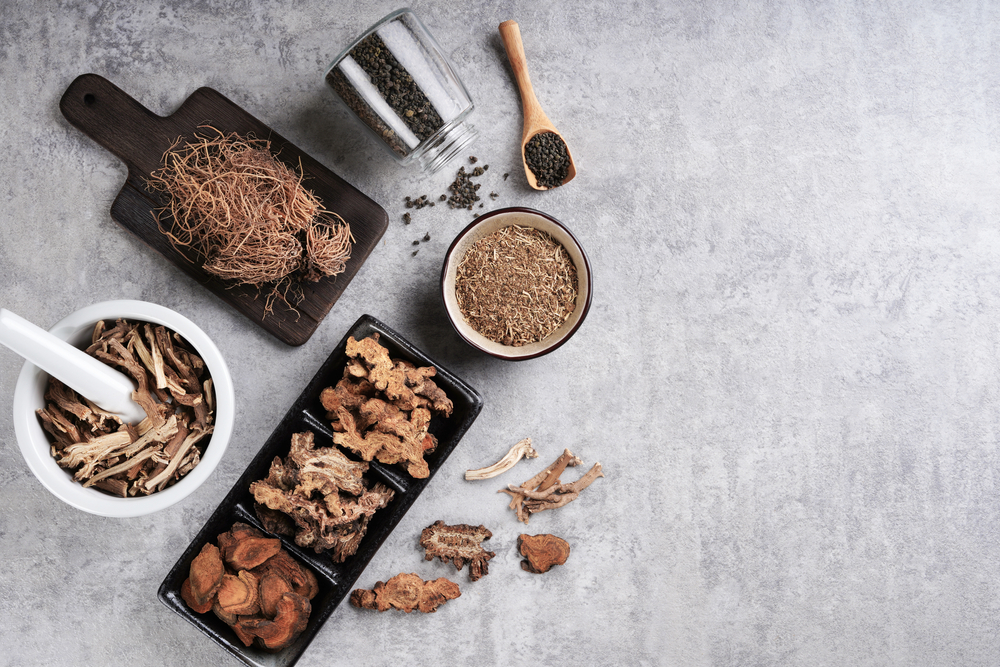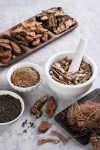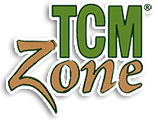Adapting TCM to Modern Lifestyles: Innovative Approaches for Integrating Ancient Wisdom into Contemporary Living

By Xiyuan “Alex” Qiu, L.Ac.
As we navigate the fast-paced and often stressful modern world, the principles of Traditional Chinese Medicine (TCM) continue to offer valuable insights into maintaining health and well-being. Advanced practitioners of acupuncture and herbal medicine are constantly seeking innovative ways to integrate ancient wisdom into contemporary lifestyles, harnessing the power of TCM to address the unique challenges of the modern era. In this advanced exploration, we delve into specific herbal and acupuncture practices that have successfully transitioned from ancient traditions to modern applications, offering practical insights for advanced practitioners.
Modernizing Herbal Medicine: From Classic Formulas to Custom Blends
One of the hallmarks of TCM is its vast pharmacopeia of herbal formulas, many of which have been used for centuries to address a wide range of health concerns. Advanced practitioners are adept at adapting these classic formulas to suit the needs of modern patients, often customizing blends to address individualized patterns of disharmony.
For example, the traditional formula Xiao Yao San (Free and Easy Wanderer Powder) has long been used to soothe liver qi stagnation and ease emotional distress. In modern practice, advanced herbalists may augment this formula with additional herbs such as Rhodiola (Hong Jing Tian) to enhance its adaptogenic properties and support resilience in the face of stress (Winston & Maimes, 2007).
Similarly, the classic formula Bu Zhong Yi Qi Tang (Tonify the Middle and Augment the Qi Decoction) is often modified to address the unique needs of modern patients, such as chronic fatigue or immune deficiency. Advanced practitioners may add herbs like Astragalus (Huang Qi) and Codonopsis (Dang Shen) to strengthen the spleen and boost immune function, creating a tailored formula that aligns with the principles of TCM while addressing contemporary health challenges.
Innovative Acupuncture Techniques: From Ancient Meridians to Modern Applications

For example, the ancient practice of scalp acupuncture, which involves needling specific points on the scalp to stimulate corresponding areas of the brain, has been widely embraced by modern practitioners for its efficacy in treating neurological disorders such as stroke and Parkinson’s disease (Yang & Zhu, 2012). Advanced acupuncturists may combine scalp acupuncture with traditional body acupuncture techniques to create comprehensive treatment protocols that address both the root cause of the condition and its symptoms.
Similarly, auricular acupuncture, which involves stimulating points on the external ear to influence various organs and systems of the body, has gained popularity as a modern adjunct therapy for addiction recovery, pain management, and stress reduction (Romoli, Costa, & Brocco, 2019). Advanced practitioners may utilize sophisticated auricular acupuncture protocols to address specific imbalances and promote holistic healing in their patients.
Integrating TCM into Everyday Life: Practical Tips for Modern Living
Beyond the clinic, advanced practitioners are empowering patients to integrate TCM principles into their everyday lives, fostering a culture of holistic wellness that extends beyond the treatment room. From dietary recommendations to stress management techniques, TCM offers a wealth of practical strategies for promoting health and vitality in the modern world.
Dietary therapy plays a central role in TCM, with specific foods and culinary practices recommended to support different aspects of health and balance. Advanced practitioners may work with patients to develop personalized dietary plans based on their individual constitution and health goals, incorporating TCM principles such as the five flavors, five colors, and five elements to create nourishing and harmonizing meals.
Additionally, mind-body practices such as qigong, tai chi, and meditation offer powerful tools for managing stress, cultivating mindfulness, and enhancing overall well-being. Advanced practitioners may guide patients in incorporating these practices into their daily routines, empowering them to take an active role in their health and wellness journey.
Conclusion: Bridging Ancient Wisdom and Modern Science
In conclusion, the integration of TCM into modern lifestyles represents a dynamic synthesis of ancient wisdom and contemporary innovation. Advanced practitioners of acupuncture and herbal medicine play a vital role in translating ancient techniques and principles into effective treatments for the complex health challenges of the modern era. By embracing innovation while honoring tradition, we harness the full potential of TCM to promote health, vitality, and well-being in our modern world.
**References:**
– Romoli, M., Costa, A., & Brocco, E. (2019). Auricular Acupuncture for Pain Management: A Systematic Review and Meta-Analysis of Randomized Controlled Trials. Evidence-Based Complementary and Alternative Medicine, 2019, 9306875.
– Winston, D., & Maimes, S. (2007). Adaptogens: Herbs for Strength, Stamina, and Stress Relief. Healing Arts Press.
– Yang, L., & Zhu, S. (2012). Scalp Acupuncture for Neurological Disorders: Principles and Practice. Churchill Livingstone.

